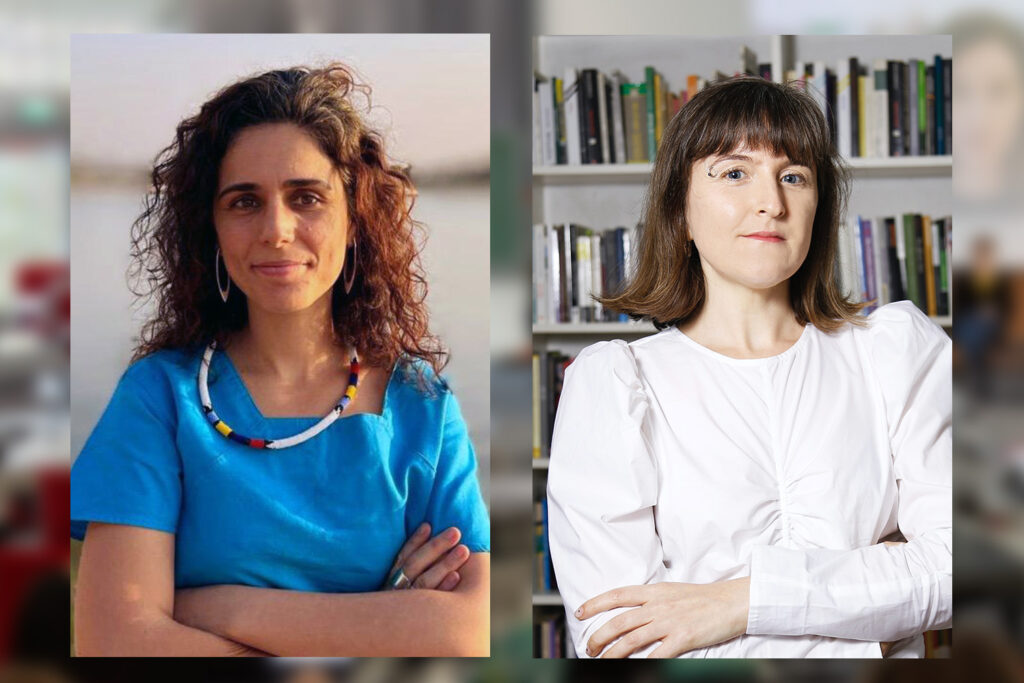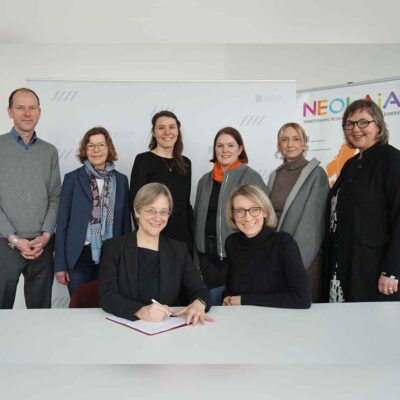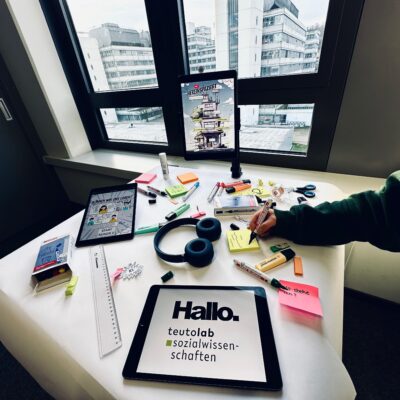In recent years, abortion has once again become a central topic of political and social debate. Some countries are opting for more liberal regulations, while in others conservative and right-wing forces are pushing through restrictive laws and policies. These developments are accompanied and driven by both anti-abortion movements and feminist activist organizations. On the feminist activist side, national, international and transnational groups and networks advocating self-managed abortions are playing an increasingly important role. An international research group will now analyze the role of feminist self-managed abortion activism at the Bielefeld Center for Interdisciplinary Research (ZiF).
The group ‘Translocal Networks for Feminist Self-Manage Abortion in the Americas and Eu-rope: Transforming Law, Health and Culture Through Activism and Scholarship’ will be working at the ZiF in January. From 15 to 17 January, the researchers will discuss their work in a workshop with external guests.

© Photo left: Pablo Holmes, Photo right: private
Promoting self-determined abortions without criminalization
‘Among the many feminist movements, the translocal networks for self-managed abortions have become particularly visible in recent years,’ reports social scientist Professor Mariana Prandini Assis from the Universidad Federal Goiás, in Brazil. She convenes the research group together with gender researcher Professor Nayla Luz Vacarezza from the University of Buenos Aires, in Argentina. ‘These groups are activists who take advantage of the development of so-called abortion pills. These can be used without having to go to a healthcare facility. ‘These groups have been working for years to develop an infrastructure outside of the formal healthcare system to support women who want to have an abortion,’ explain the conveners. ‘In this way, they try to circumvent legal restrictions, stigmatisation and economic hurdles and offer the women a safe place.’ Their aim is to create a space that is caring, self-determined, and free from criminalization for the women and other people concerned. In doing so, they also seek to provide a model for a better approach to abortion within the official healthcare system.
How the networks cooperate nationally and internationally
The research group will investigate how these self-organized networks come about, how they establish themselves and cooperate in individual countries, but also across national borders and even across continents, and how they take advantage of new medical and technological developments. ‘We are interested in their political strategies, their discourses and symbols and how they influence local and global discourses on abortion,’ explains Nayla Luz Vacarezza. ‘We want to understand how these groups articulate their strategies, how they overcome the boundaries between urban and rural, North and South, how they create solidarity beyond national borders and whether they can push through innovations in legislation, health and culture.’
International exchange between research and practice
The conveners have invited nine researchers to the ZiF to analyze the transformations that these groupings bring about in the areas of law, health and culture. Together with the conveners, the participants in the research group come from nine countries. ‘We hope that we will be able to bring activists and researchers together, create a space for dialogue and contribute to a better understanding of these translocal networks,’ says Mariana Prandini Assis.




